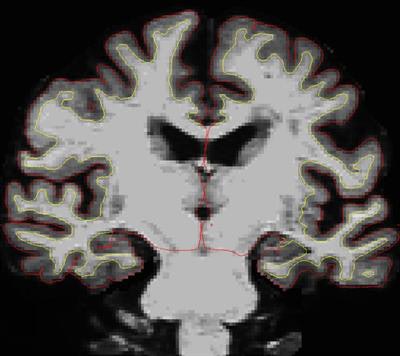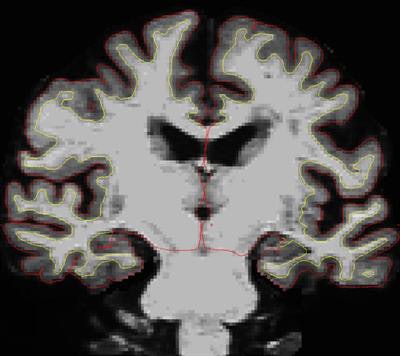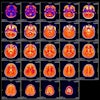
Researchers at Northwestern University are using MRI to investigate why some senior citizens have greater reading, speaking, and other functional skills than many of their peers, according to a study published in the April 4 issue of the Journal of the American Medical Association.
The scans showed that the brains of these so-called "SuperAgers" have shrunk much more slowly than those of their age-matched peers, resulting in a greater resistance to typical memory loss and dementia (JAMA, April 4, 2017, Vol. 317:13, pp. 1373-1375).
Over the course of the 18-month study, subjects who aged normally lost volume in the cortex region of the brain twice as fast as the SuperAgers, who were at least 80 years old and whose memories were as sharp as those of healthy persons decades younger.
The Northwestern researchers already knew SuperAgers' brains tended to retain more brain volume, and for this study they wanted to investigate whether SuperAgers' brains were on a different trajectory of decline than their peers.
MRI scans were used to measure the thickness of the cortex in 24 SuperAgers and in a control group of 12 age-matched educationally and cognitive-average peers. The annual percent decline in thickness between the first and second MRI exams was 1.06 for the SuperAgers, compared with 2.24 for the control group.
 MR image of a SuperAger's brain. The portion between the yellow and red lines is the cortex. Image courtesy of Northwestern University.
MR image of a SuperAger's brain. The portion between the yellow and red lines is the cortex. Image courtesy of Northwestern University."We found that SuperAgers are resistant to the normal rate of decline that we see in average elderly, and they're managing to strike a balance between life span and health span, really living well and enjoying their later years of life," said senior author Emily Rogalski, PhD, in a statement from the university.
By studying what makes SuperAgers unique, the researchers hope to uncover biological factors that might contribute to the maintenance of memory ability in advanced age.




















